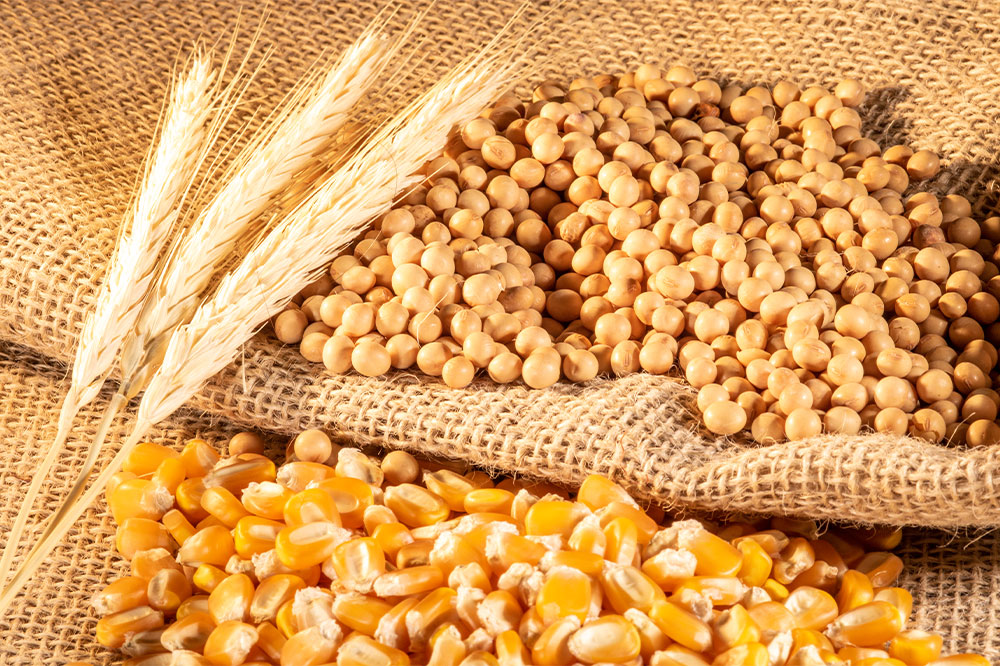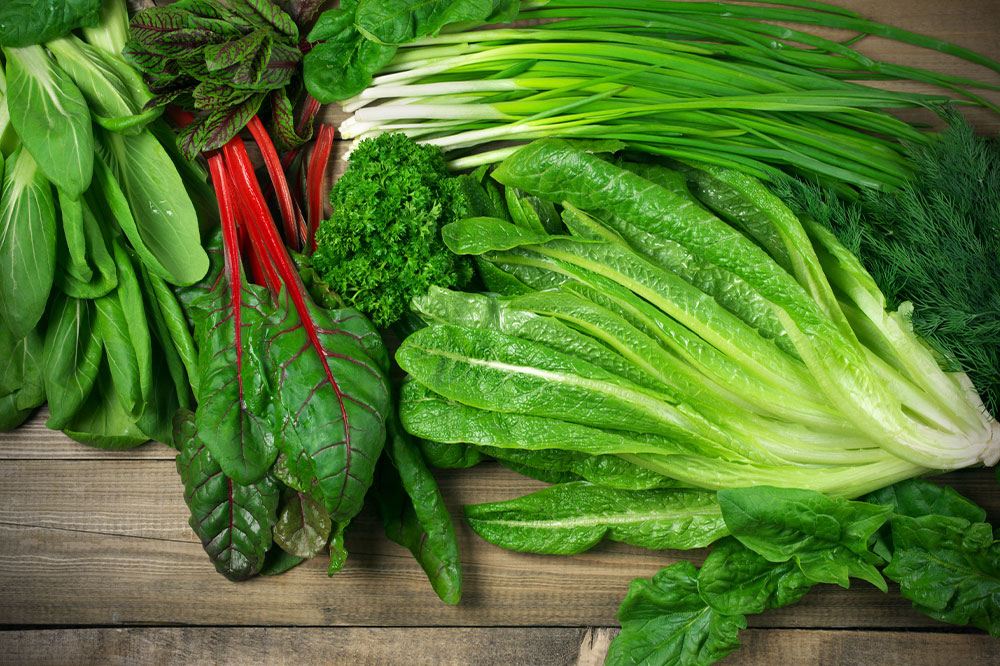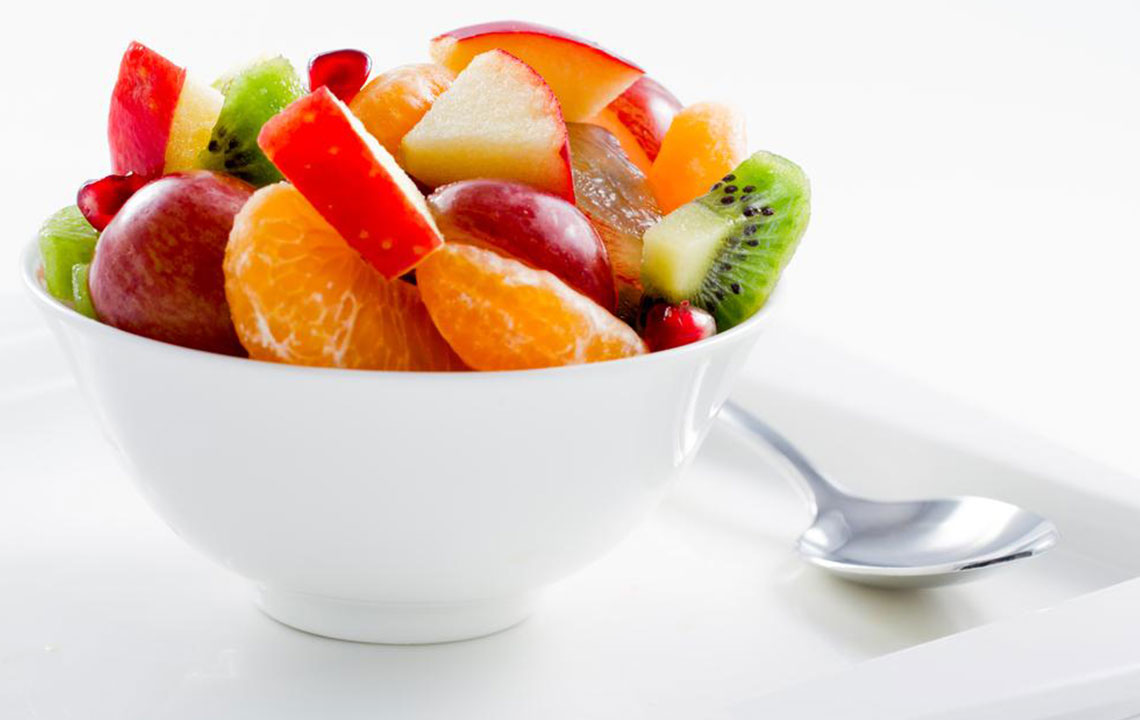Diet Tips for Managing Polymyalgia Rheumatica Symptoms
This article offers practical dietary strategies for managing polymyalgia rheumatica (PMR), emphasizing anti-inflammatory foods, essential nutrients, and lifestyle habits. It discusses foods to include and avoid, the role of hydration, and gentle exercise routines to help alleviate symptoms. Always seek medical guidance before implementing significant dietary or lifestyle changes to ensure safe and effective management of PMR symptoms.

Dietary Recommendations for Polymyalgia Rheumatica Management
Polymyalgia rheumatica (PMR) is an inflammatory condition causing discomfort in the shoulders, neck, and upper back, predominantly affecting individuals over 50. Its symptoms can persist for several years. Adjusting your diet can assist in reducing inflammation associated with PMR. Here are dietary guidelines, including foods to incorporate and avoid, to help manage symptoms effectively.
Optimal Dietary Choices for PMR
Since individual responses vary, no specific diet has been proven to directly improve or worsen PMR. Tracking daily meals can help tailor dietary strategies. A balanced diet should include a variety of nutrient-rich foods. Incorporating healthy fats, anti-inflammatory ingredients, and essential nutrients is beneficial.
Healthy Fat Sources
Fats are vital for body functions, but choosing the right types matters. Omega-3 fatty acids, found in fatty fish like salmon, walnuts, and flaxseeds, may help diminish inflammation. Fish oil supplements are also excellent sources. Other anti-inflammatory foods include tomatoes, berries, leafy greens such as spinach and kale, and olive oil.
Calcium and Vitamin D Intake
To guard against osteoporosis, especially with certain medications used for PMR, focus on calcium and Vitamin D-rich foods. Dairy products like milk, yogurt, and cheese are excellent sources of calcium, while sardines, broccoli, and spinach contribute as well. Vitamin D can be obtained from sunlight exposure and foods such as fortified dairy, salmon, tuna, eggs, and beef liver.
Hydration Importance
Maintaining adequate hydration helps reduce inflammation. Aim for two to three liters of water daily. Carrying a refillable water bottle and flavoring water with lemon, lime, or orange can make hydration more enjoyable.
Coffee and Its Effects
Some individuals may find anti-inflammatory benefits from coffee. However, reactions vary. If symptoms worsen after consuming coffee, it’s best to avoid it and try herbal teas instead. Paying attention to how your body reacts can help manage symptoms effectively.
Keto Diet and PMR
The ketogenic diet emphasizes low carbs and high fats. Although some studies suggest potential benefits, its effectiveness for PMR remains under evaluation. Patients should consult healthcare providers before making significant dietary changes and prioritize doctor-recommended treatments.
Foods to Limit or Avoid
To prevent symptom exacerbation, avoid foods that promote inflammation, such as fried foods, white bread, white rice, red meats, margarine, and foods high in sugar.
The Role of Exercise in Symptom Management
Appropriate physical activity can alleviate some PMR symptoms. Gentle exercises like walking, swimming, or cycling enhance overall health and support bone density, but always consult your healthcare provider before starting any new exercise routines.
Consistent diet and exercise practices, along with prescribed medication, can help reduce upper body discomfort and hip pain, improving quality of life for those with PMR.










